Friends, I’m thrilled (and quite surprised and shocked) to share with you the good news that our book FESTER: Carceral Permeability and California’s COVID-19 Correctional Disaster has won the American Society of Criminology Michael J. Hindelang Book Award for 2025!
This is a huge and rare honor, and one we did not expect in our wildest dreams, even though we deeply believed in our project and knew the book was good. We didn’t write it to win awards or attend fancy plenaries, but to bear witness to California’s worst-ever medical prison scandal and sound the alarm about prison conditions that allow disease and suffering to fester. We wrote it from the bottom of our wrenched hearts and it spoke to the awards committee from the same heartfelt place.
The story of FESTER is, first and foremost, your story: the story of incarcerated and formerly incarcerated people, families, activists, advocates, lawyers, doctors, journalists, psychiatrists, psychologists, statisticians, epidemiologists, volunteers, and other upstanding citizens who came together to sound the alarm on behalf of the most neglected people in the state when your voice mattered the most–and when the government turned its back on our most vulnerable friends and neighbors in their most dire hour of need. Our hope is that this award will help FESTER contribute, even a little, to an urgent conversation about how to improve prison and jail conditions that will prevent the horror we lived through from happening ever again.
You followed this story in real time: this blog documented what we learned every day from our friends and neighbors about the neglect, ineptitude, rumor mongering, and devaluing of human lives they suffered. You were the first to have access to our raw data and to read our blow-by-blow account of the state and federal litigation. And when the time came to speak up, many of you stood with us and with our neighbors behind bars, reminding the rest of our state–and the government–that, in the context of health crises, there is no “other”.
Our book is your book. Our story is your story. Our award is your award. And our struggle is your struggle.

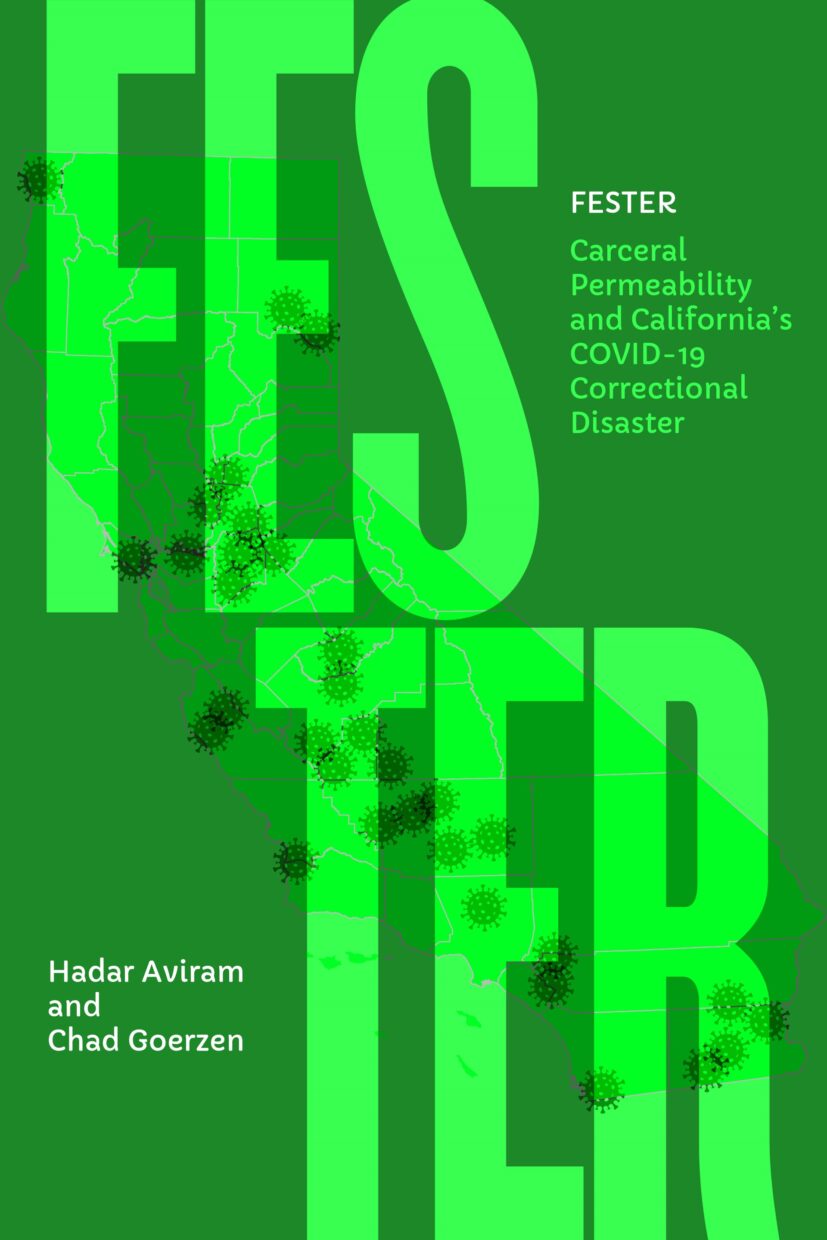

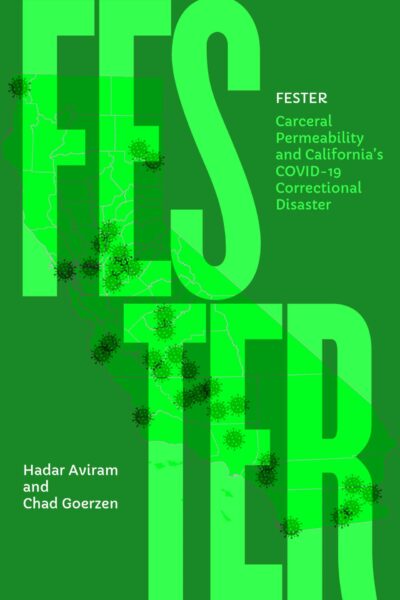
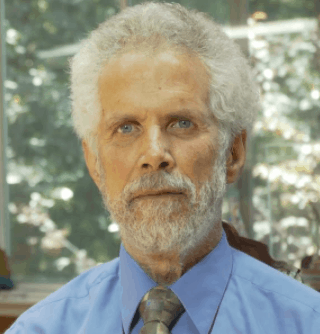



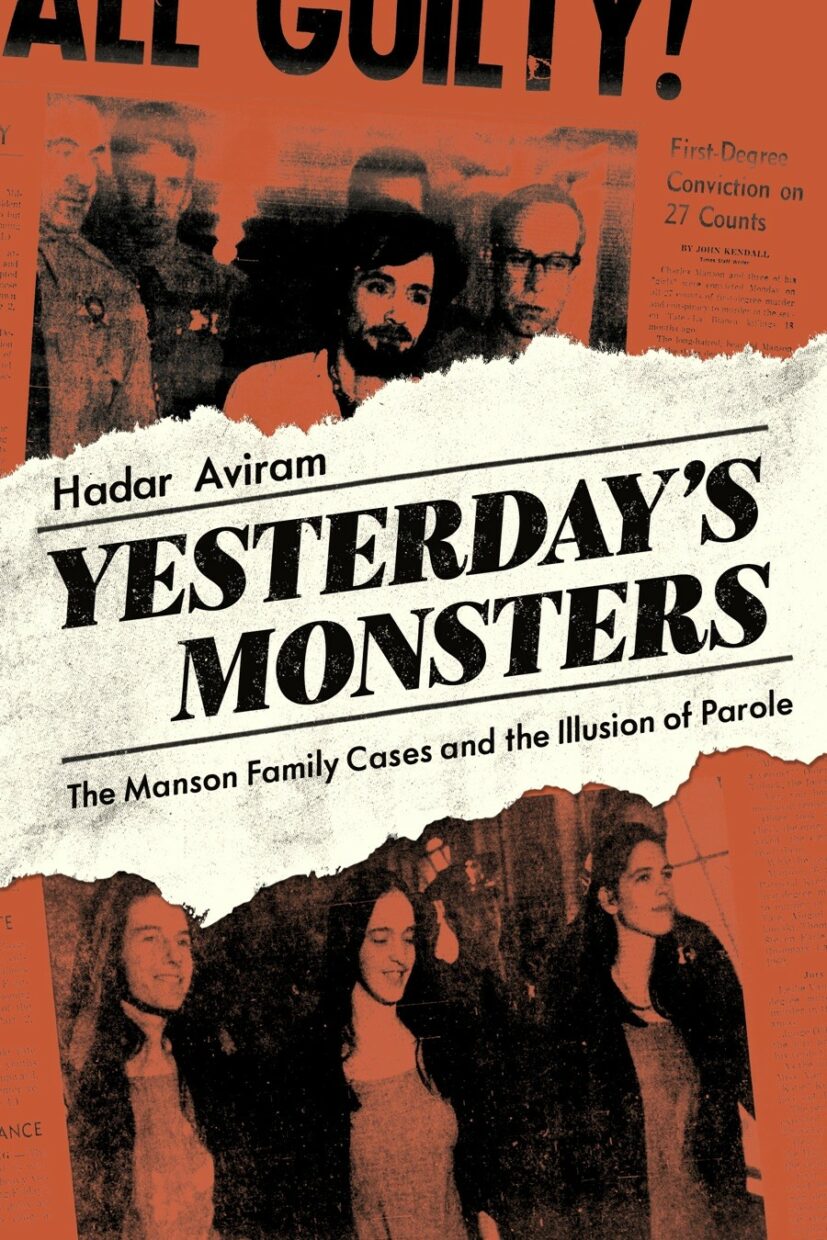

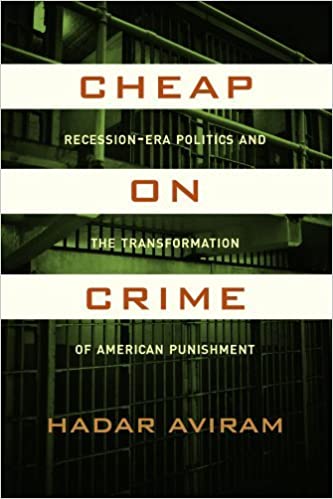
FESTER Wins ASC Book Award